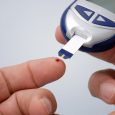Probiotics For A Healthy Gut
When you have problems with your digestive health, you might have heard the word ‘probiotics’ being thrown around. Or maybe you have been on a course of antibiotics and heard your friends and family, say, “Don’t forget to take probiotics”. But what are probiotics and why are they so important for a healthy gut?
How probiotics work
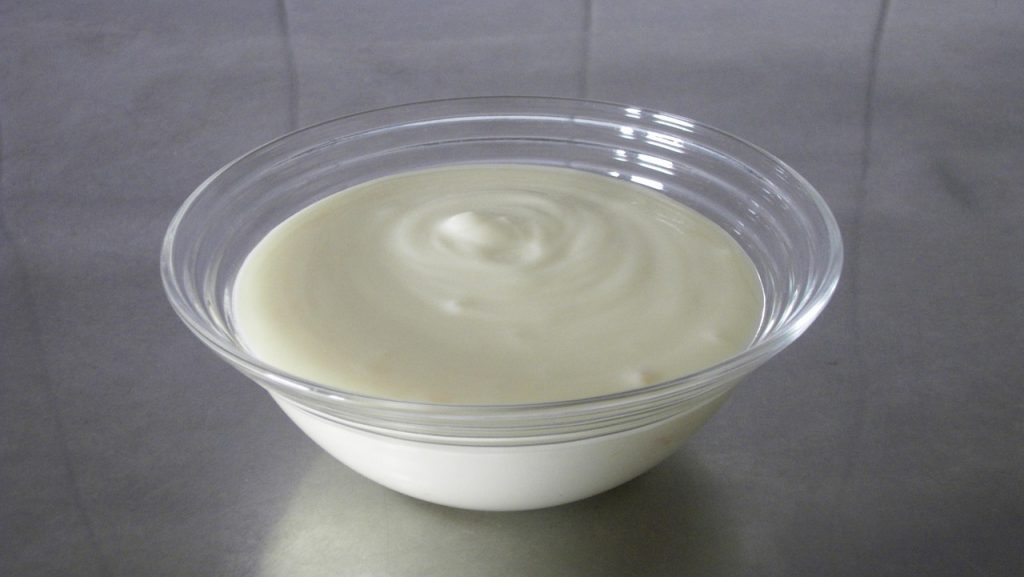
- Probiotics are yeasts and live bacteria that are very good for you, particularly your gut. In your digestive system, you get good bacteria and bad bacteria and probiotics are the good, helpful bacteria, promising to keep your gut healthy. You will find probiotics in foods and supplements. Every time you eat an organic yogurt, you are eating some probiotics and when you are on those antibiotics, you might have heard your doctor suggest you take yogurt.
- Did you know that probiotics have actually been in our systems from the day we were born? When a brand new baby is being delivered, it is exposed to its mother’s bacteria in the birth canal. Already this event has started a whole chain of events in the baby’s gastrointestinal tract, and already the baby’s gastrointestinal tract is starting to produce good bacteria.
- Years ago, when processed foods and fast food joints weren’t the rage, our diets had plenty of probiotics in them. The soil too was clean, fresh, and healthy. The Nobel Prize winner back in the day, the Russian Elie Metchnikoff claimed that a person’s health could be enhanced and any senility delayed by being able to manipulate the intestinal microbiomes with the friendly bacteria that is found in yogurt. But now with modern agricultural and refrigeration methods, a lot of our foods have no probiotics in them at all. The sad thing is that most of the foods eaten today contain some very dangerous antibiotics in them that kill off what good bacteria you have in your body.
- A lot of health issues today, such as inflammation, chronic fatigue, psoriasis, thyroid imbalances, joint pains, and autism have their connections with the way our gut works. The National Institute of Diabetes and Digestive and Kidney Diseases, claim that there are between 60-70 million American people who suffer from digestive diseases. These medical problems cost the US over $100 billion every year. Staggering statistics for sure. Not all realize that poor gut health has been affecting even more numbers than what statistics will say. Digestive health even affects the physiological system of your body.
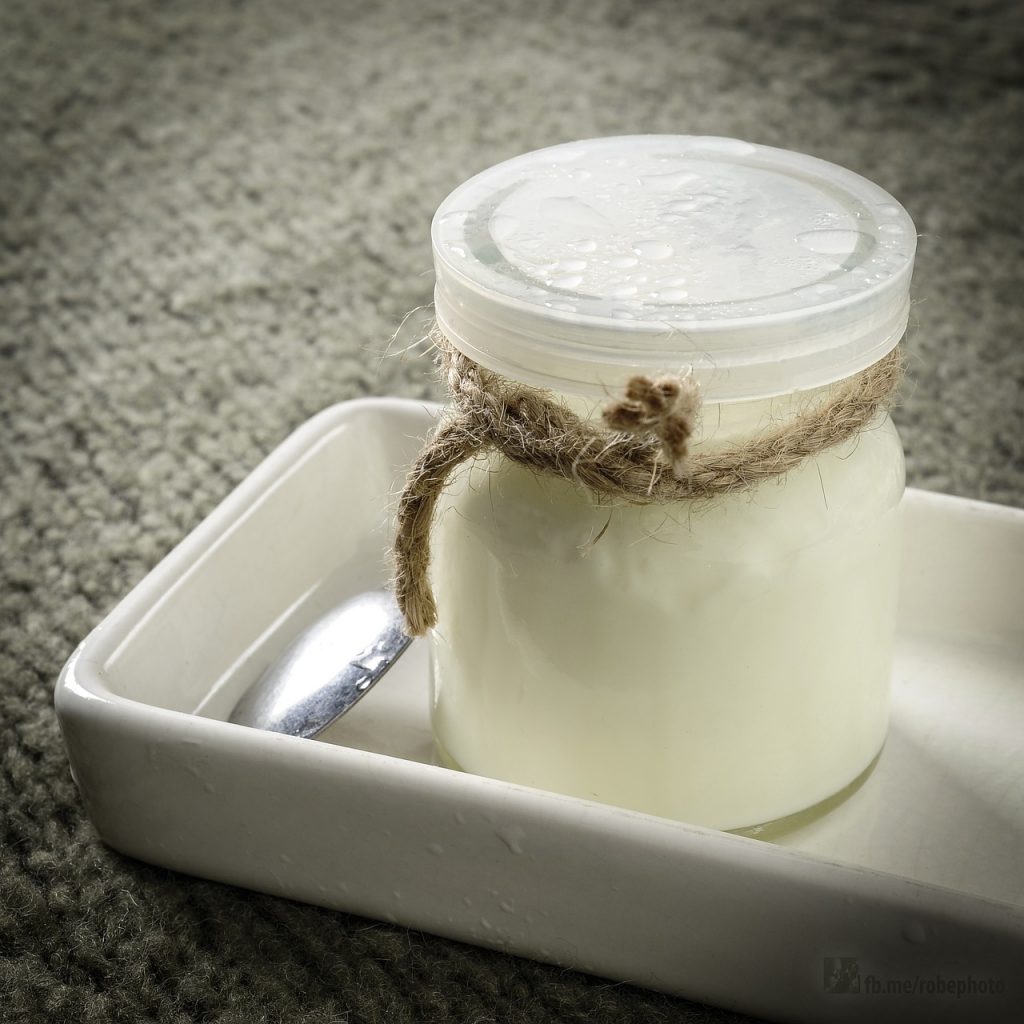
- Researchers today are studying probiotics all
the time to figure out their benefits in the body and how they really work. The
mix of bacteria in your body is unique to you, just like your fingerprint. Your
bowel has trillions of microorganisms in it, from over 500 different species.
Research indicates that certain strains of probiotics are able to:
- aid in digestion
- ease vaginal infections
- prevent diarrhea
- prevent autoimmune diseases
- stave off urinary infections
- soothe skin ailments
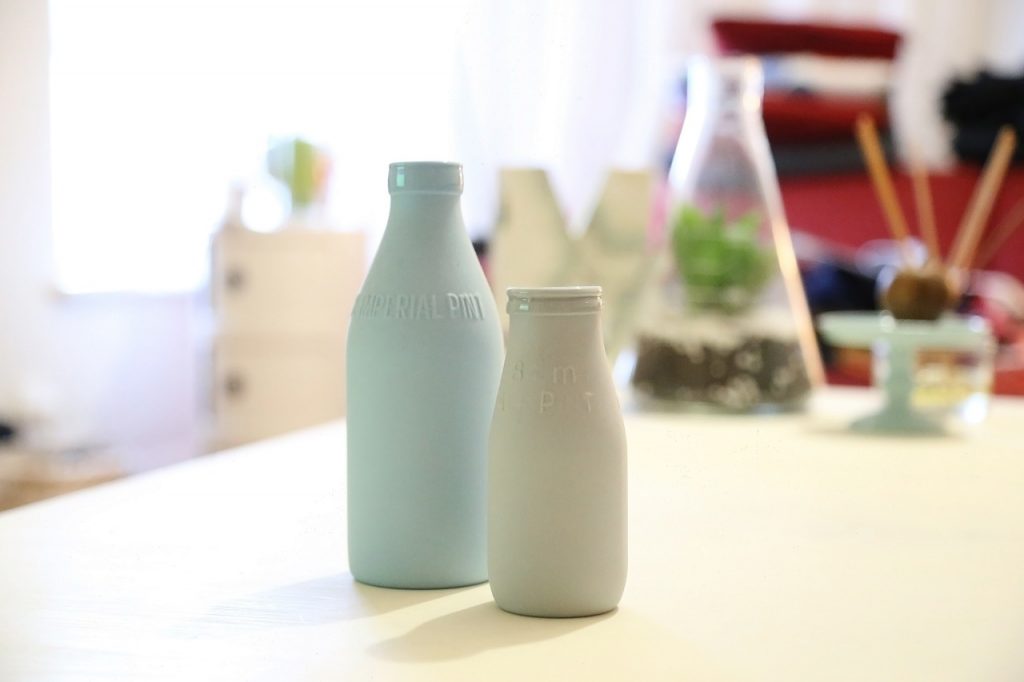
- Remember
though that not everyone will respond in the same way using the same
probiotics. Probiotics most commonly used come from two main types:
- Bifidobacteria: Commonly found in supplements and foods.
- Lactobacillus: Produces lactase, an enzyme that breaks down the sugar in milk, increasing mineral absorption into the body. There are 6 common strains of probiotics – look out for these names on supplements and food labels.
- B. animalis: Helps to aid digestion and to boost the immune system.
- B. breve: Fights off bad infection and helps the body to absorb nutrients, breaking down fibers for easy digestion.
- B. lactis: Found in raw milk.
- B. longum, like an antioxidant, helping to break down carbohydrates.
- L. acidophilus: Aids in digestion and fights off vaginal bacteria.
- L. reuteri: Able to decrease oral bacteria that causes tooth decay. Also helps the digestive system.
- If you are not seriously ill or have a compromised immune system, then taking probiotics is fine. Just ask your pharmacist or doctor about the right doses.
- If you are interested in starting the journey to improved gut health, you might come across bumps in your road to achieve that. It might be because your microbiome is out of balance from the modern lifestyle that you have been used to, in the form of processed foods, insufficient exercise and so forth. Maybe you’ve been on antibiotics lately or eaten many of the modern foods that you think are healthy, but are in fact also filled with antibiotics. Maybe you have been under excessive stress. It could also just be the aging process that is lowering the probiotics in your gut. It means that when you start replenishing the friendly flora in your digestive system with the amazing work of probiotics, your body starts detoxing.

What should one do when experiencing temporary detoxifying effects?
If you do struggle with detoxification effects, don’t let it deter or discourage you. Don’t forget that it’s only a temporary thing, but in any case, there are ways to help your body adjust to your taking probiotics so that you get the full benefits:
- Drink your water: When you drink plenty of water, you are really doing your body a favor because the water cleanses your body of the toxins and keeps you hydrated. Think about adding some lemon to your water to give it a boost in alkaline to even further remove toxins.
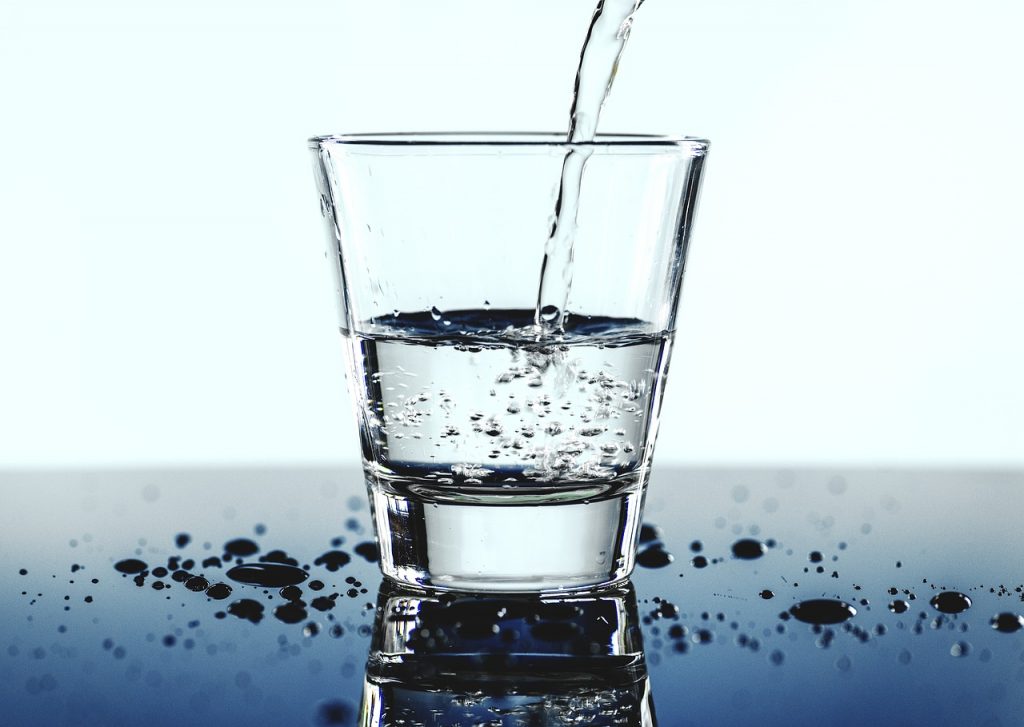
- Consider lowering your dosage of probiotics: If you feel your temporary detox effects are something you can’t tolerate, think about giving your body a bit of a break to balance itself before continuing – at a lower dosage. Everyone is different and maybe lowering your dose and working up to the normal dose again will make it easier for you to move into the probiotic regimen.
- Exercise, because our bodies are meant to be active and moving. Living a sedentary lifestyle results in the body not functioning at its utmost, especially when it comes to detoxifying. One of our detoxifying systems, the lymphatic system, needs movement from the body for the lymph fluids to transport toxins and waste from body cells.

Depending on your gut health, replacing bad bacteria in your body with good bacteria gives the body a jolt to the system. Help your body through this process by giving it what it needs, water, exercise, and sleep. Once your good bacteria has settled down in your gut and taking charge over the bad bacteria, you will feel your health rising to new heights!
Let the healing process begin
There are excellent probiotic supplements on the market which are packed with healthy and live bacteria that can reshape your gut environment. When you begin offering your body high-quality probiotic formulas, the good bacteria gets to work building good and beneficial bacteria in your gut, killing off the bad bacteria. The bad bacteria, as it gets destroyed, will release toxins which can build up faster in your gut than your body is able to expel them. Your body will react by producing side effects, albeit temporary, such as bloating, diarrhea, gas, aching limbs and even breakouts of your skin. In medical terms, this might be called the Jarisch-Herxheimer or healing-crisis reaction. It is the probiotics working in your system, working to repair and remold the flora in your gut microbiome – building a stronger foundation for the rest of your body. It might take your body some time to get used to this new type of activity in your body, so you might even notice a difference in the way you feel. This could be positive or negative – and will last until your system adjusts to the change. In the future though, if you decide to increase your dosage of probiotics, you could return to this temporary acclimatization period again. When your microbiome is balanced and the good bacteria has worked to get the bad bacteria under control, the friendly flora in your gut will continue to work hard at expelling harmful toxins lurking around in your gut
The detoxifying effects of probiotics
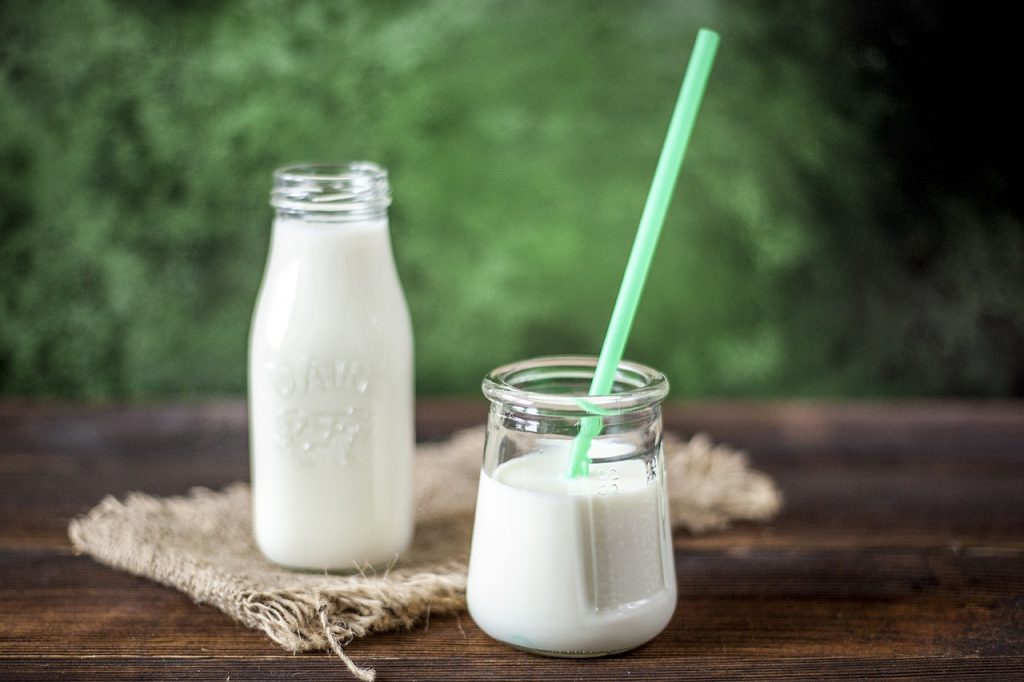
When your microbes are healthy, they are powerful and excellent at keeping your gut detoxified. What are the wonderful detoxification effects?
- Reduction in heavy metals: There are certain strains of bacteria that have the ability to detoxify and bind heavy metals that accumulate in your body. These can be mercury, lead, arsenic, and others.
- Breaking down of pesticides. Research shows that probiotics can degrade any pesticides that are commonly used in our environment, for example, what is used to maintain turf and golf courses, and which are found on crops such as cauliflower, broccoli, sprouts and others.
- Probiotics excrete BPA or Bisphenol A. This is an industrial chemical found in plastic water bottles and resins which leak onto our drinks and foods, causing medical problems. Taking probiotics helps to reduce the absorption of this unhealthy plastic and to aid in it being excreted so that it doesn’t build up in your body, which will affect your health negatively if allowed to do so.
Top probiotic killers
Your lifestyle and dietary habits play a big part in the good or bad quality of your gut bacteria. If you were to take probiotic supplements on a daily basis, yet fail to rid yourself of the things that are probiotic killers, then you probably will still deprive your body of the benefits of probiotics.
The bacteria in your microbiome is complete and affected by a lot of things. If you can bring all these things into alignment, you stand a better chance of having a healthy gut. Let’s look at sure things that destroy good bacteria:
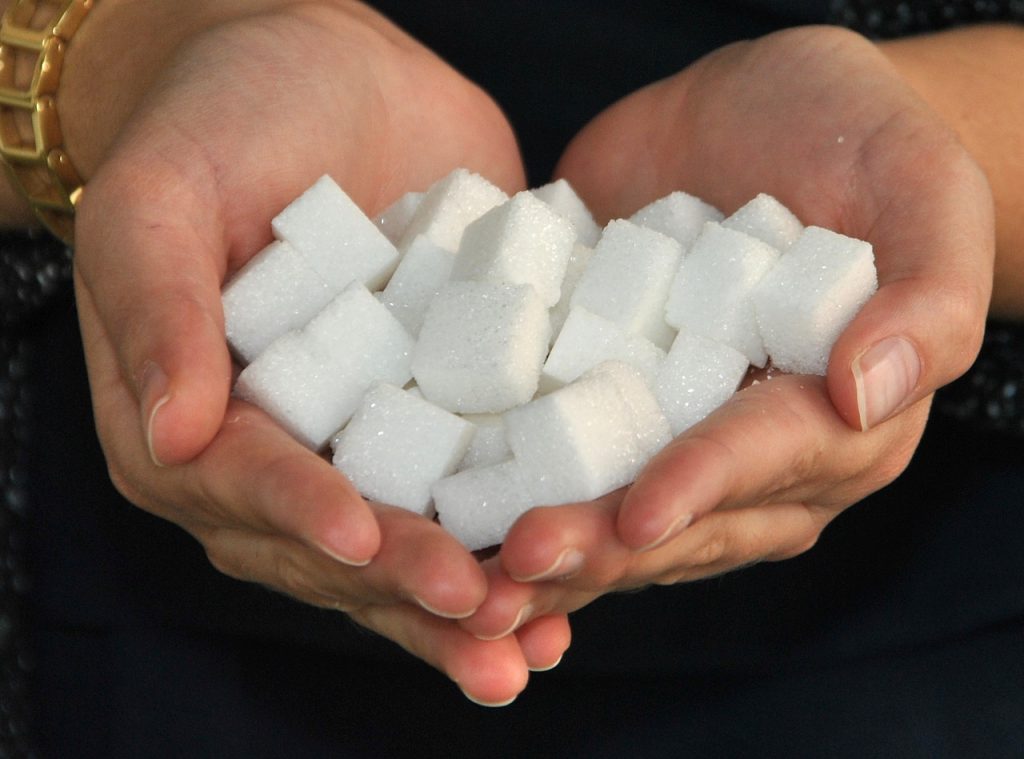
- Sugar, a top killer
- Overusing antibiotics from doctors
- Genetically modified foods
- Inflammation
- Stress
- Other medications
- Alcohol (excluding red wine)
- Insufficient exercise
- Smoking
- Over-sanitization (scary)
- Poor sleeping habits
Fantastic probiotic benefits
The ones listed below are the ones that have been thoroughly researched:

1. Digestive health
Of course, a major benefit of probiotics is good digestive health. When you decide to opt for probiotics as a treatment for the prevention of gastrointestinal disease, the probiotic strain and the type of disease are important factors to think about. Eating foods that have plenty of good bacteria in them and also using probiotic supplements helps to protect your from ulcerative colitis inflammatory bowel diseases, Crohn’s disease and others. You will notice improvements in the above and also ulcerative colitis, diarrhea, and irritable bowel syndrome.
2. Helps in the decrease in antibiotic resistance
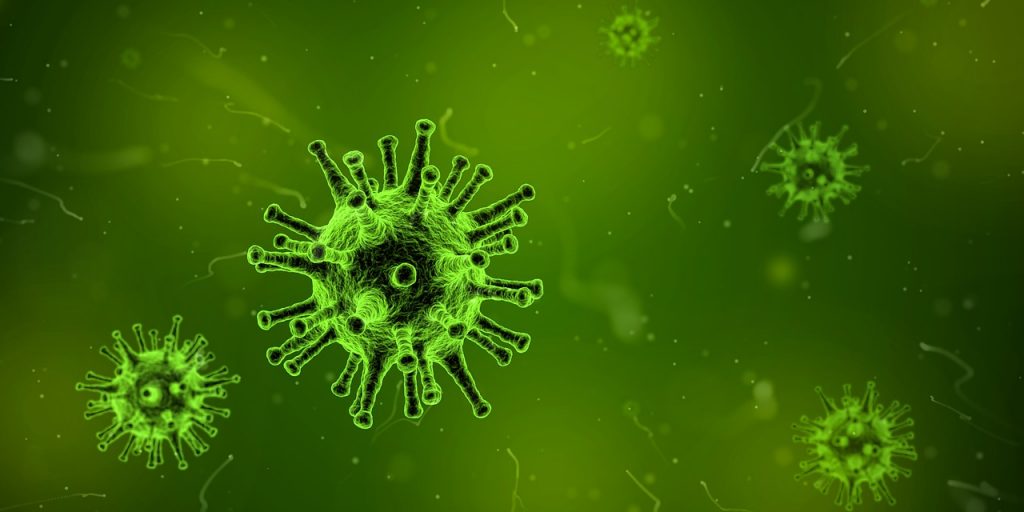
WHO, (World Health Organization) considers antibiotic resistance to be one of the largest threats in the world when it comes to global food health, food security and its development. Bacteria becomes resistant to antibiotics when there is an overuse of antibiotics prescribed by a doctor as well as improper use of antibiotics. When you use probiotics, you can rebuild gut bacteria that is in poor health. Probiotic supplements and the right foods increase antibiotic effectiveness and prevent the bacteria from becoming resistant.
3. Mental Illness can be improved
Taking probiotics offers a lessening of depressive symptoms according to a 2016 review, and they also seem to reduce the number of patients having to be re-hospitalized again suffering from manic depression. There is positive confirmation that probiotics seem to help with symptoms of autism. Patients with autism are known to suffer from digestive issues and good gut bacteria has the ability to benefit the abnormal behavior that comes with autism as well. There have even been other studies which show that certain probiotics have the ability to reduce particular symptoms of schizophrenia and multiple sclerosis in patients. But this is still in the very early stages and more research is required.
4. Boosts immunity and decreases inflammation
When it comes to immunity, both prebiotics and probiotics are ongoing topics of research. But research has already proven that probiotics have the potential for preventing many immunity-related diseases caused by inflammation being in the body, particularly being of benefit to older people’s gut health and quality of life. Today, the use of probiotics to treat inflammation associated with HIV patients is being tested.
5. Good skin that is healthy
Children particularly benefit from taking probiotics as a preventative for what is known as pediatric atopic dermatitis as well as infant eczema.
6. Let’s look at the effect of probiotics on cancer
Evidence shows that probiotics are able to help with long-term cancer symptom management for those with cancer after treatment and even diarrhea related to chemotherapy. In 2014 a study to investigate the effects of giving probiotics to patients with colorectal cancer showed, after the 12-week treatment program, that there was a significant decrease in the patients who suffered from IBS symptoms. In another random trial, 150 patients undergoing chemotherapy received probiotics and were later experienced as having significantly less grade 3 and grade 4 diarrhea.

More excellent benefits of taking probiotics
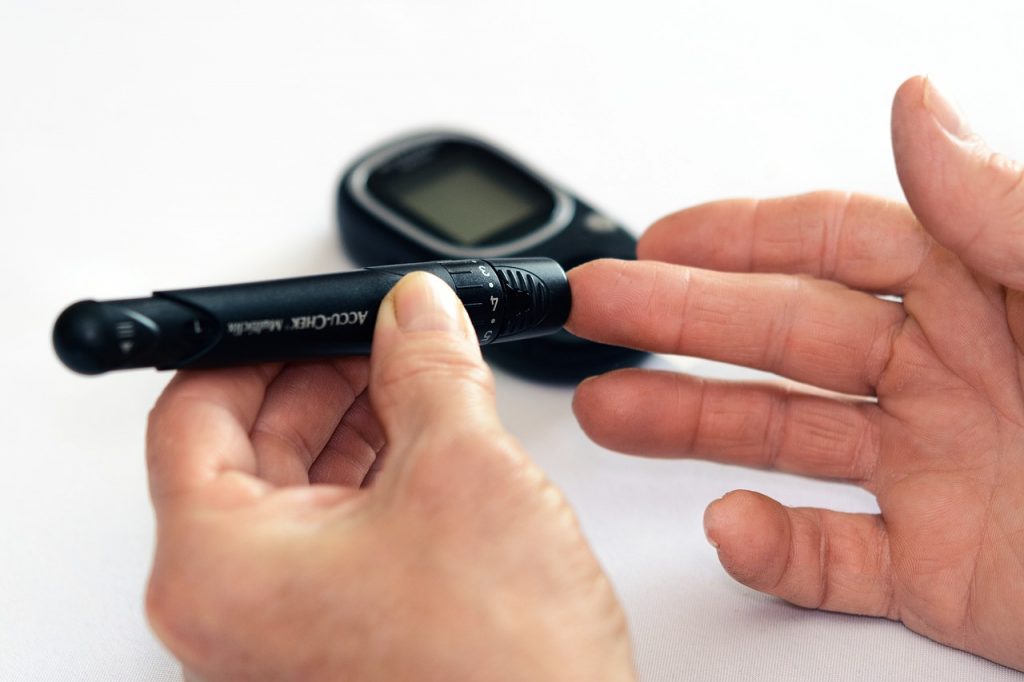
- Can treat serious disease in babies
- Lowers blood pressure
- Helps with diabetes treatment
- Can improve non-alcoholic fatty liver disease
- Can improve dental health
- Can help with urinary tract infection
- Helps with rheumatoid arthritis
- Helps with kidney stones
- Helps you lose weight
How do I get more probiotics in my system?
Eat more sour foods: Good ones are apple cider vinegar, fermented vegetables such as kimchi, sauerkraut, and drinking kvass.

Consuming more foods rich in probiotics such as kefir, kombucha, goat milk, and yogurt. A good idea is to add kefir to your morning smoothie.
Feeding the probiotics already in your system. Remember that probiotics are organisms that are alive in your body and to be healthy they need excellent food. You need high-quality fiber like flax seed and chia seeds which are also great in your smoothies. Eat plenty of organic fruit, sweet potatoes, and other veggies.
Take an excellent probiotic supplement. This is a great way to improve the gut microflora in your body.

Conclude your decision to get a healthy gut with top probiotic foods
1. Kefir, similar to yogurt, created from fermentation of milk. Coconut kefir is also delicious.
2. Sauerkraut, which is made from fermented vegetables, particularly cabbage. High in organic acids, which give foods their sour taste and which support the growth of the good bacteria.
3. Kimchi, which is like sauerkraut, but it is actually cultured vegetables from Korea. Kimchi is made from cabbage, scallions and radish, red pepper paste, ginger, garlic, sugar, fish sauce, some kelp powder and salted shrimp, fermented for about 14 days.
5. Natto, a Japanese dish, consisting of fermented soybeans, able to really boost your immune system. It also has vitamin B12 in it which is often lacking in vegan diets. An excellent supply of plant-based proteins – 31 grams of protein in a cup.
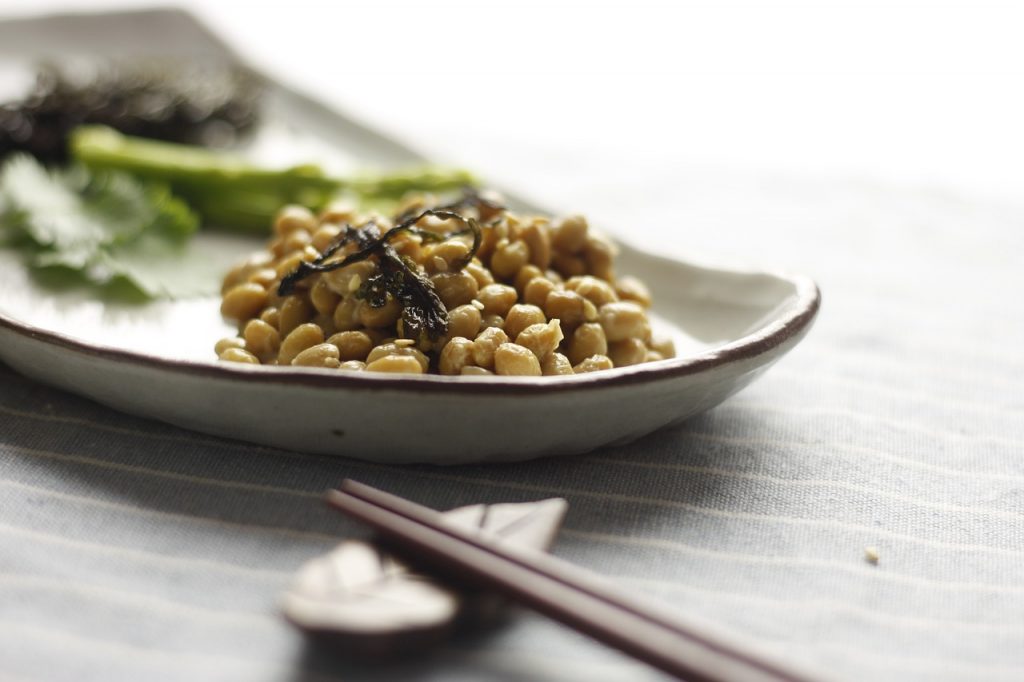
6. Yogurt, probably the most popular probiotic foods, made from milk supplied from goats, sheep or cows. Milk must come from grass-fed animals. When you buy your yogurt, make sure it’s made from raw milk, that the animals have been grass fed and that the yogurt is organic. Then you are OK. Remember, pasteurized milk does not contain probiotics.
7. Kvass, a fermented beverage coming from Eastern Europe, originating from ancient times. It consists of the natural fermentation of organic bread, often flavored with fruit, berries or raisins.
8. Miso, a Japanese traditional medicine, used commonly for macrobiotic cooking, regulating the digestive system. Miso dates back in time to 2500 years already. Many Japanese won’t start their day without a bowl of warm miso soup. It’s made from fermented soybeans. Today, it’s famous through the world and very easy to prepare.
9. Kombucha, one of the ancients, around for about 2000 years – varieties of slightly effervescent and fermented sweetened black or green tea drinks. Apart from being excellent for gut health, it is excellent for detoxing the liver.
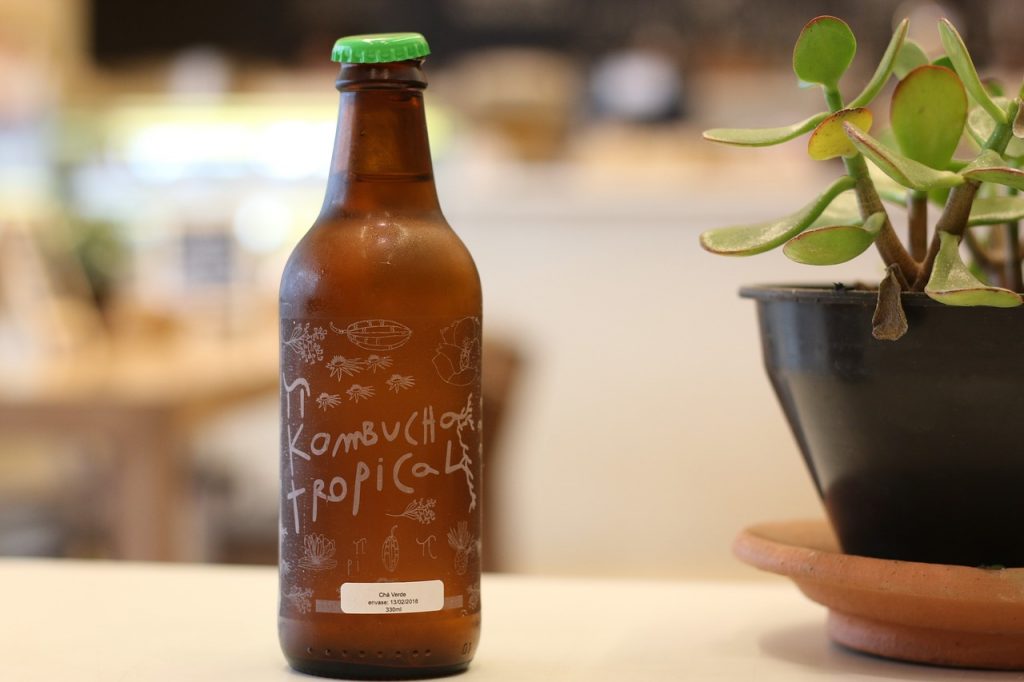
Conclusion
Probiotics have been receiving a lot of attention in this 21st century from all kinds of research groups, consumers, and manufacturers. It’s no wonder, seeing as the Romans and Greeks ate cheese and fermented products, and fermentation of dairy products comes from such ancient techniques in the art of food preservation.
If your digestive health is in good order, it’s not necessary, maybe not even prudent, to start taking probiotics. If you are eager to take them though, do so in a rational way. If you take them for a month or so and you notice that they are not making you feel any noticeably better, it’s probably not worth your while spending all your earnings on what are often misunderstood bugs.
For those with an unhealthy gut, you won’t be sorry you decided to go look after the hungry hard working soldiers of your digestive tract so they can win the war against the bad guys that cause your gut to be sick and out of sorts, it’s a win-win.








